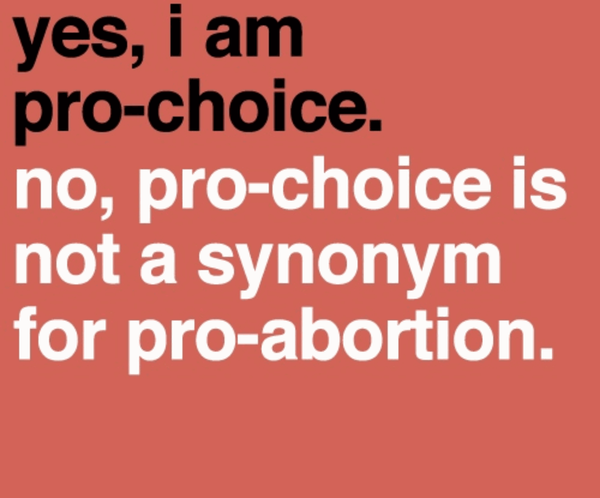John Harris’ suggestion of a “survival lottery” to minimize the number of innocent deaths as a result of organ failure is an influential idea, albeit one that’s hard to swallow. Despite the merit of his well-constructed argument, however, I don’t necessarily believe that all utilitarians must be in favor of such a system; that is to say, I don’t believe that the survival lottery would always increase the greater good. In this paper I am going to argue that there is too much ambiguity in whether or not the survival lottery would actually increase the world’s overall wellbeing for all utilitarians to be required to support it. I will do this by first exploring two key assumptions relied upon by the utilitarian argument in support of the survival lottery, and then highlighting scenarios that undermine one of these assumptions. I will ultimately conclude that there are situations that would have a negative or neutral impact on the greater good, and that they would occur frequently enough in practice to undermine the solidity of the utilitarian argument for such a system.
The utilitarian argument in favor of a survival lottery relies primarily upon the assumption that all lives are of equal value. This is a widely used assumption in ethics, and it is one I can stand by for the sake of this paper. If you can save two lives by sacrificing one, it seems intuitive that this is for the greater good; the classic trolley thought problem often highlights this intuition. But while I can stand by this first assumption, there is a second by which I can’t: the assumption that each life has an equal impact on those around it. This assumption follows from the impartiality clause that requires utilitarians to treat all individuals equally and thus ignore or disbelieve of the special impact each life has on the world around it. I find this to be a grand oversight.
Take, for example, an old man who lives alone with no family or friends. His life still has value, of course, but he has no direct influence over anyone around him. If he were to be picked to give up his organs in the survival lottery he would be unhappy, but no one else would be greatly affected (with the exception of the individuals to whom his organs would be given, and I assume they would be quite happy with those effects). On the other hand, imagine a mother of three children who goes to work each day to support her family, comes home and offers comfort and love to her husband and children, and is an integral part of their lives. If she were to be chosen to sacrifice her life in the survival lottery, it would have a much larger negative impact on the overall welfare than if the aforementioned man was. How could we be sure that this negative impact would be compensated for by the positive impact of lives being saved? What if, for example, the individuals being rescued by this mother’s organs were lonely people who did not have families or friends relying upon them? I believe that we could then make the argument that even though two lives were saved at the expense of one and those lives had equal value, they did not have equal impacts on the lives around them. We must consider how the untimely death of each individual would affect the rest of the world beyond the scope of a life’s intrinsic value.
There are countless other scenarios you could imagine in which the greater good might actually be decreased by the survival lottery; perhaps the forced donor was about to cure cancer and the donee was about to become a serial killer. These are extreme examples, but they make the point: you could not always be certain that the survival lottery would be for the greater good. Sometimes it would, of course; say you switched the roles of the cancer cure-er and the serial killer. But there would be enough times that the impact on the world’s wellbeing would be negative or neutral to call into question the solidity of the system. If the survival lottery was sometimes beneficent and sometimes maleficent, would it really be any better than the way the world is now?
While Harris’ argument is compelling and there is much more to be said on the topic, I believe there is enough evidence to suggest that utilitarians might not actually be required to support all instances of the survival theory. Unless it can be proved that all lives and deaths have an equal impact on the world around them, the argument cannot fully hold.





















